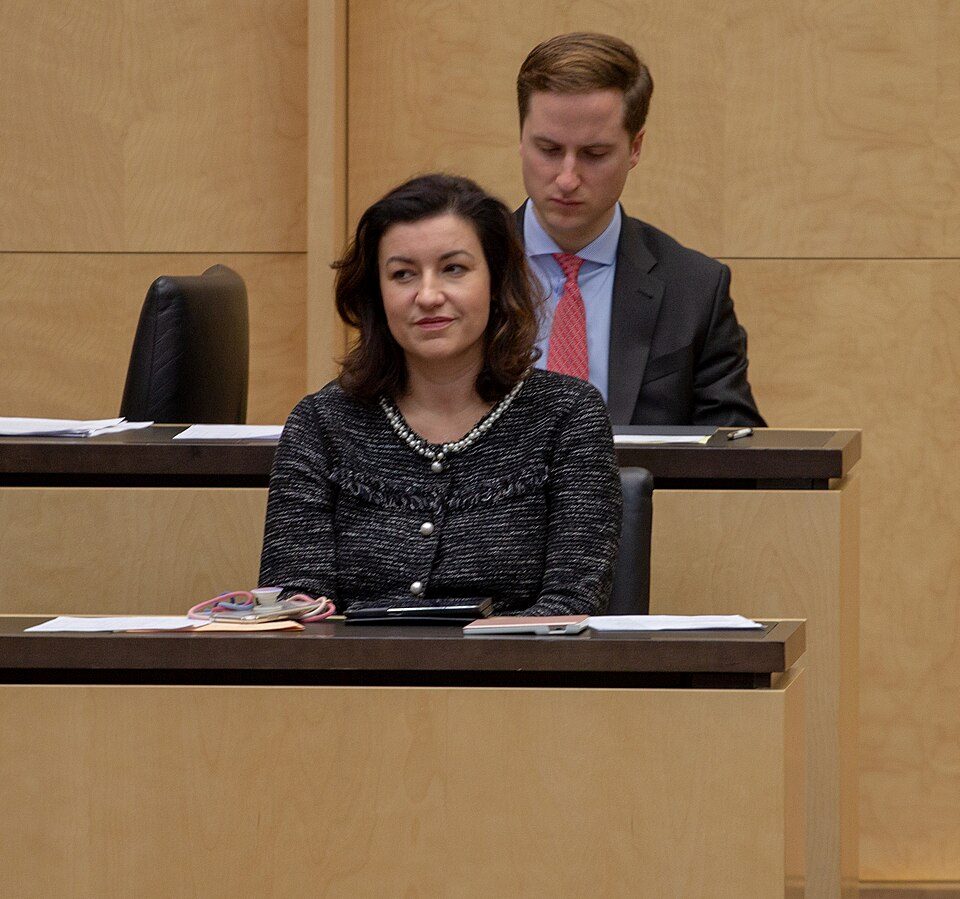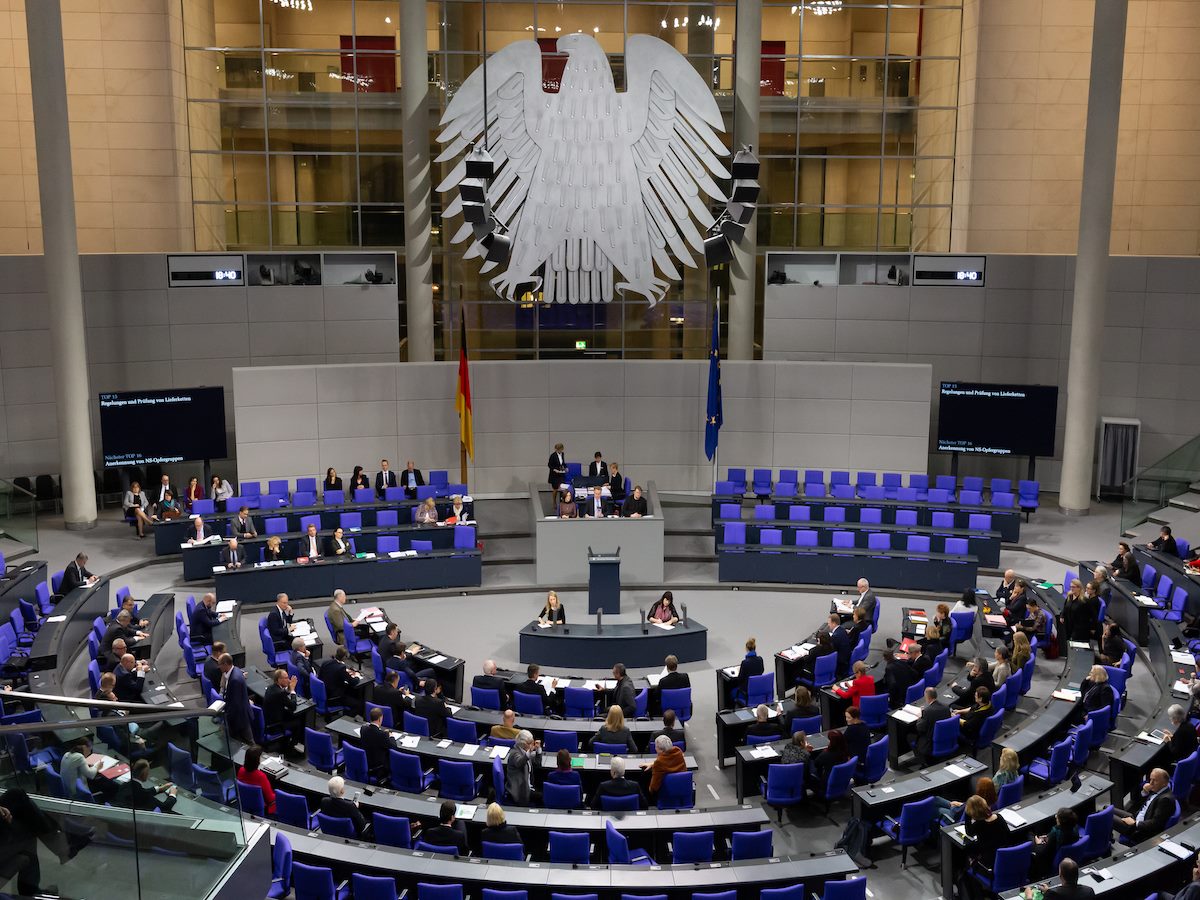Germany is going all in on artificial intelligence. In a sweeping new national strategy dubbed its “AI offensive,” the German government has laid out ambitious plans to revamp the country from a research powerhouse into a global AI and semiconductor manufacturing hub — and to do it by 2030.
The initiative, revealed in a series of policy documents and briefings from the Federal Ministry of Research, calls for AI to generate 10% of Germany’s gross domestic product within the next five years. The plan includes everything from building AI “gigafactories” and launching quantum satellites to integrating intelligent systems across manufacturing, healthcare and public administration.
“Anyone who wants to create prosperity with AI needs more than just good ideas.”
- Dorothee Bär
Germany’s Federal Minister for Research, Technology and Space
It’s a bold move for Europe’s largest economy, and a necessary one. While Germany has long been respected for its academic prowess in AI, it has lagged behind global rivals like China, the US and India in turning research into real-world products. The government now says that delay has created “competitive disadvantages and dependencies” that must be reversed.
“German research is excellent — but the business models and headlines are dominated by the US and China. Anyone who wants to create prosperity with AI needs more than just good ideas. It requires data, infrastructure and computing power,” wrote Dorothee Bär, Germany’s Federal Minister for Research, Technology and Space.
Germany Moves to Secure Slice of EU’s €20B AI Fund
The AI offensive is part of a broader high-tech agenda that will be approved by the German cabinet later this month. This agenda, noted Bär, focuses on six key technologies:
- Artificial intelligence
- Quantum technologies
- Microelectronics
- Biotechnology
- Fusion and climate-neutral energy production
- Technologies for climate-neutral mobility
According to the plan, Germany will work in tandem with the European Commission to secure a share of the €20 billion earmarked for AI infrastructure across the EU, including at least one high-capacity processing center, or “gigafactory,” within its own borders. Deutsche Telekom, SAP and other industry giants are already lining up to submit bids.

“It's not just about science,” Bär explained, “but also, and especially, about creating access to AI computing power for startups and small and medium-sized enterprises.”
The plan includes the launch of Germany’s first quantum communications research satellite this year — following in China’s footsteps — and the deployment of two error-corrected quantum computers by 2030. These milestones are designed to bolster Germany’s position in next-gen computing while improving the security and performance of future AI systems.
Related Article: America’s AI Brain Drain Threatens Its Global Lead
Silicon, Satellites and Smarter Machines Take Priority
To power all of this, Germany is also doubling down on semiconductors. At least three new chip factories are expected to break ground as part of a national effort to become Europe’s leading semiconductor manufacturing center. A flagship plant from TSMC, Bosch and Infineon is already under construction in Dresden.
"The official announcement of the start of the joint investment in the construction and operation of our state-of-the-art chip factory in Dresden marks an important milestone in strengthening the European semiconductor ecosystem,” said Dr. CC Wei, Chairman and CEO of TSMC. “Together with our partners Bosch, Infineon and NXP, our Dresden factory will meet the semiconductor needs of our European customers and partners.”
Energy-efficient chips tailored for AI and electric vehicles will be developed and produced domestically, and a pilot program for vehicle supercomputers is slated to begin later this year. By 2026, Germany plans to launch an “AI robotics booster” with pilot projects for multifunctional robots in industrial settings.
New Policy Targets AI Commercialization Gap
Despite its scientific strengths, Germany has struggled to commercialize its AI breakthroughs. The new strategy directly addresses this gap, calling for tighter integration between research institutions and industrial sectors like automotive, mechanical engineering and chemicals — long-time pillars of the German economy.
Past use cases show the potential: Bosch reduced assembly-line defects by 20% using AI-powered computer vision, while Siemens and AWS partnered on predictive maintenance for turbines. Scaling such innovations could bring an estimated €300–400 billion in annual value to the German economy.
Related Article: No More Innovation Budgets — What New Research Says About Enterprise AI’s Future
Can Berlin Deliver on Big Promises?
Still, challenges loom. Germany faces a shortage of AI talent, regulatory uncertainties and the risk of fragmented infrastructure as multiple consortia compete for EU funding. Critics warn that without streamlined execution and public trust in AI ethics and data privacy, even the best-laid plans could falter.
“Those who don't invest in innovation today will be dependent tomorrow — on technologies, on supply chains, on the decisions of others,” Bär remarked. “Spending on research and development may not pay taxes, but it creates the jobs of tomorrow that do.”
With eyes on the US, China and a surging India, Germany’s AI offensive may determine whether Europe’s tech ambitions remain theoretical or finally become reality.
